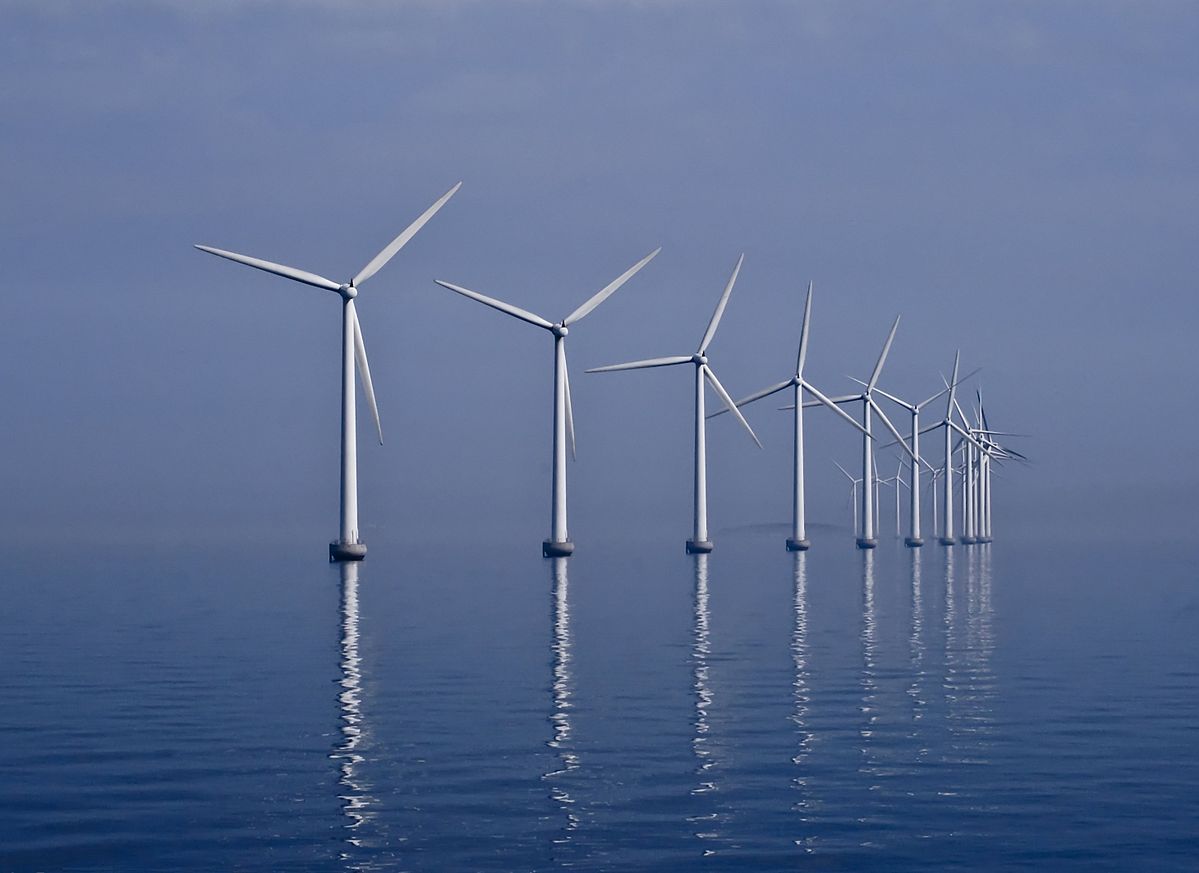Permission to construct the Triton offshore wind farm in Skåne, Sweden, within the country’s exclusive economic zone has been granted by the County Administrative Board. The decision was welcomed by the wind farm’s developers, OX2 and Ingka Investments. Pending final approval from the government, construction of the project is slated to commence in 2027.
OX2 had previously applied for a concession to connect the Triton offshore wind farm to the national grid. The wind farm is planned to be located 23 kilometres off the coast of Skåne. It is also designed with an installed capacity of up to 1.5 GW. The annual electricity generation from the wind farm is estimated to be around 7 TWh. Thus, it is equivalent to approximately half of Skåne’s electricity consumption.
READ ALSO: Contractor Awarded £28m Contract for London’s St George’s Health and Wellbeing Hub
OX2 and Ingka Investments Drive Offshore Wind Farm Developments in Sweden
Emelie Zakrisson, Head of Offshore Wind Development at Sweden OX2, expressed excitement about the project. Thus, he emphasised the company’s commitment to collaborating with local stakeholders. OX2 is working concurrently to secure the cable connection to the grid and finalise agreements with suppliers. As a result, it is aiming to commence construction as soon as all necessary permits are in place.
Public consultations have already been conducted throughout the year regarding the grid connection, according to OX2. The company has also signed agreements with cable suppliers NKT and EEW SPC for the supply of monopile foundations.
In collaboration with Ingka Investments, OX2 is developing three offshore wind farms in Sweden: Galene on the west coast, Triton on the south, and Aurora, located between the islands of Gotland and Öland. These projects, subject to final approval from the Government of Sweden, have the potential to generate over 30 TWh of electricity, significantly contributing to the country’s renewable energy goals.

